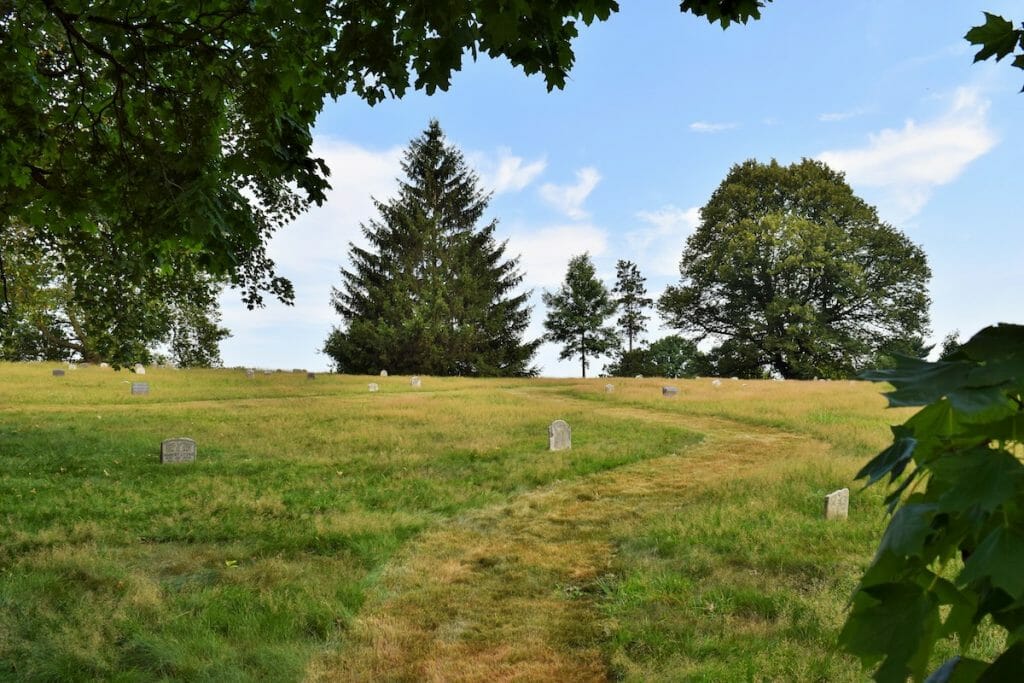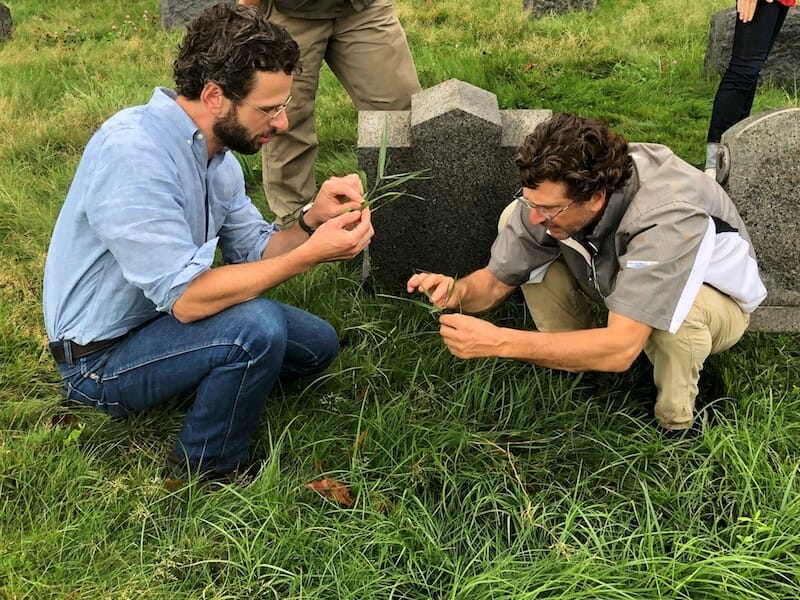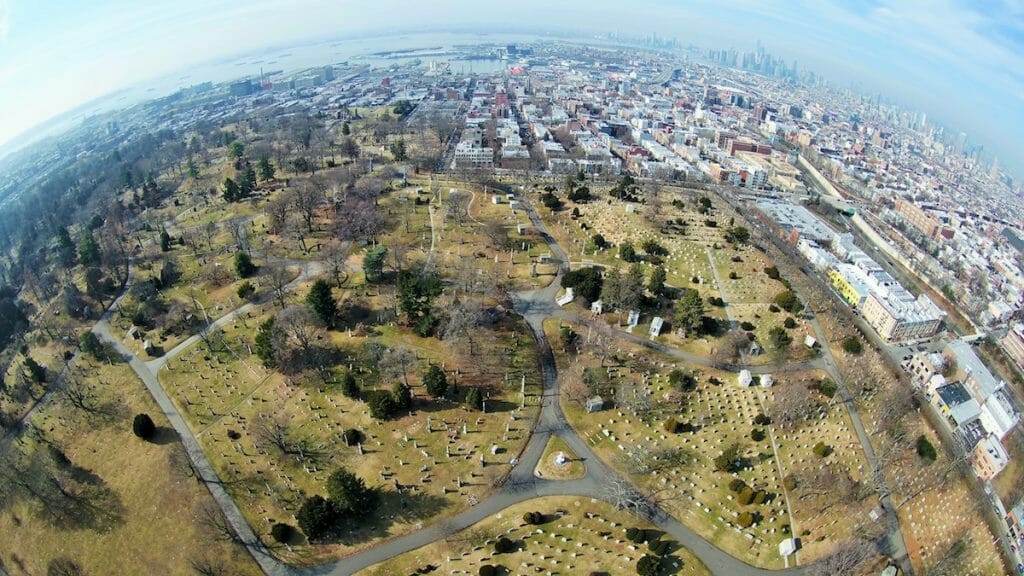Green-Wood Teams Up with Cornell University to Battle Climate Change
The global effects of climate change are staggering: species extinction, rising sea levels, rising temperatures, and more. But what does this mean for Green-Wood? In partnership with Cornell University, we’ve embarked on a first of its kind research initiative to examine and address the effects of global warming right here in the Cemetery.
Focused on our hundreds of acres of grass, the project is led by Dr. Frank Rossi, an associate professor of horticulture at the College of Agriculture and Life Sciences, Cornell University, who is internationally recognized for his work in environmentally sustainable systems for grass and turf. Urban environments experience accelerated impacts from the increasing temperatures and rainfall associated with climate change, threatening urban grasslands like Green-Wood.
For more information on this project, read this article published in Arnoldia, the magazine of the Arnold Arboretum of Harvard University

A number of challenges have become increasingly evident at Green-Wood. Most notably, we’ve seen a rise in invasive grass species, which affect both the appearance and biodiversity of our landscape. Furthermore, the longer growing season has meant more frequent mowing. Mechanical mowing contributes to greenhouse gas emissions, enlarges our carbon footprint, creates noise pollution, and can damage our landscape and monuments.
Over the course of this three-year project, we’re setting out to address several questions: How can we reduce the spread of invasive grass species? How can we cut down on how often we mow? What alternatives to traditional turf grass can we plant at Green-Wood?
First, we need to understand the extent of the problem. We’re using state of the art technology to track the characteristics of our soils, grasses, and microclimates, including drone imagery and an array of monitoring devices. This baseline data is being used to develop, test, and refine treatment plans for our landscape.
The goal is to establish a more climate-resilient landscape. We’re currently in the process of testing treatment plans. We’ve introduced new seed mixes to improve our traditional mix, adjusted the frequency and height of mowing, and found effective ways to manage soil disruption.
The most exciting part of this project is its impact beyond Brooklyn. Our findings will serve as a blueprint for cemeteries, parks, and greenspaces in cities across the country that are facing similar challenges. By offering real-world strategies for large-scale urban grasslands, Green-Wood is making an important contribution to the reduction of greenhouse gas emissions and creating sustainable solutions for the future.

(Credit: Andrew Pochedly)
“The urban grasslands at Green-Wood provide an ideal environment to study sustainable and ecological alternatives to the manicured lawn in an era of climate change.”
– Frank Rossi, PhD, Project Manager
Associate Professor of Horticulture at the College of Agriculture and Life Sciences, Cornell University
